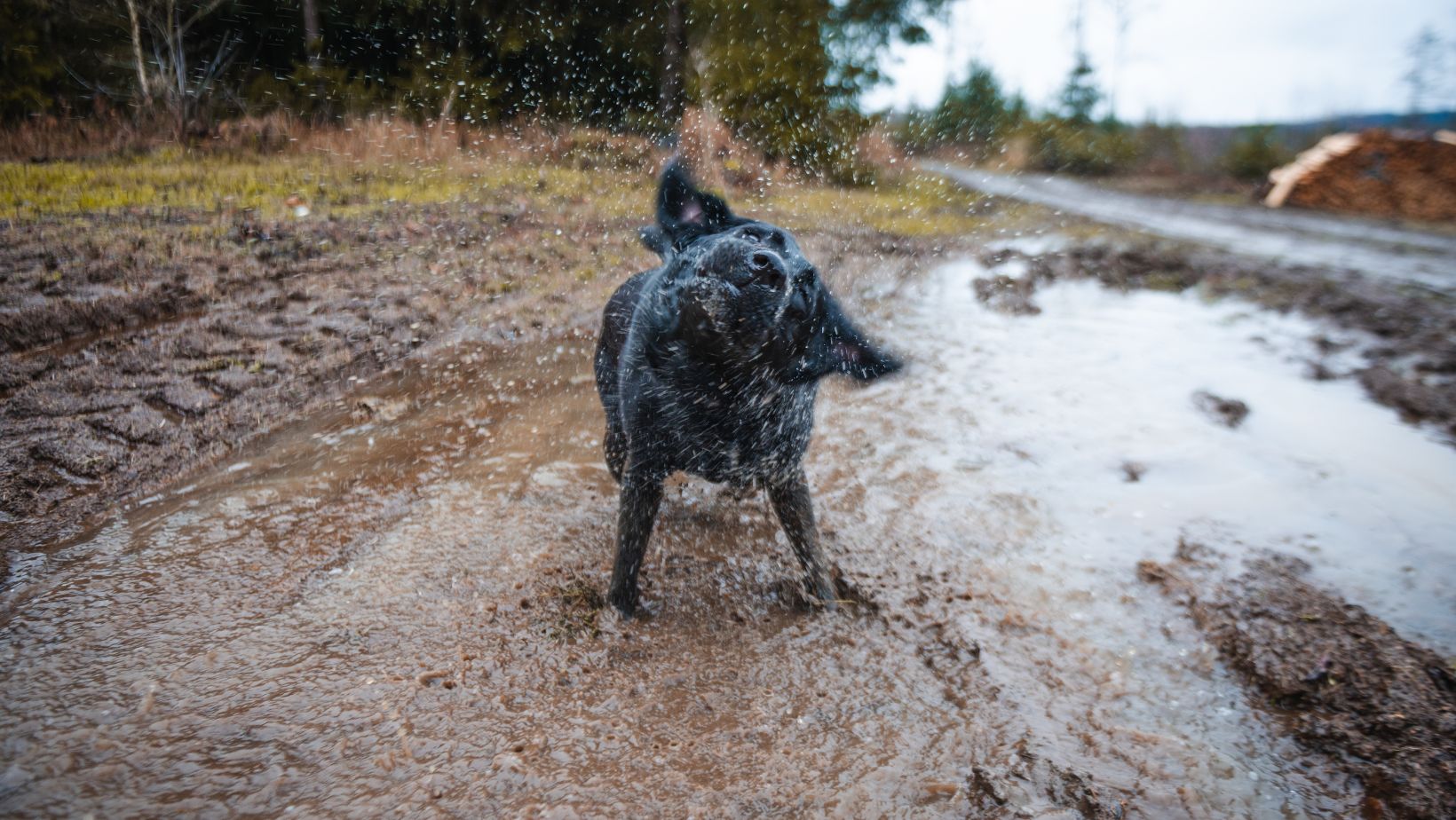How to Stop Dog Anxiety Pooping
Are you struggling with your Labrador’s anxiety-induced pooping? It can be distressing to see your furry friend go through such discomfort. But fret not, because I’m here to help you discover effective methods to stop dog anxiety pooping in Labradors. With a few simple techniques and a little patience, you can bring relief to your beloved pet.
One of the first steps in addressing this issue is understanding the underlying cause of your Labrador’s anxiety. Dogs can experience various triggers for their anxiety, such as separation anxiety, fear of loud noises or unfamiliar environments, or even past traumatic experiences. Once you identify the root cause, it becomes easier to tailor an appropriate solution.
A crucial method for tackling dog anxiety pooping is creating a safe and calm environment for your Labrador. Provide a designated space where they feel secure and comfortable during moments of stress. This could be a crate or a cosy corner in your home that offers them a sense of security. Additionally, consider using calming aids like pheromone diffusers or soothing music specifically designed for dogs.
Remember, each dog is unique, so finding the right approach may require some trial and error. Be patient with your Labrador as they navigate through their anxieties. By implementing these effective methods and giving them the love and support they need, you’ll be on your way to helping them overcome their anxiety-induced pooping episodes.
Understanding Dog Anxiety
Dog anxiety is a common issue that many pet owners face, and it can manifest in various ways. One particular behavior associated with dog anxiety is pooping in inappropriate places. Labradors, known for their sensitive nature, are especially prone to experiencing anxiety-related pooping problems.
So, what exactly causes dog anxiety? It’s important to recognize that dogs can experience anxiety due to a variety of reasons. Some common triggers include:
- Separation: Dogs are social animals and can become anxious when left alone for extended periods. This separation anxiety often leads to destructive behaviors like pooping indoors.
- Loud Noises: Thunderstorms, fireworks displays, or even loud household noises can cause distress in dogs and trigger anxious responses such as pooping uncontrollably.
- New Environments: Dogs thrive on routine and familiarity. Introducing them to new environments or situations without proper acclimation can induce stress and result in irregular bowel movements.
- Past Trauma: Dogs that have experienced traumatic events in the past may develop generalised anxiety disorder, which can lead to various behavioural issues including pooping anxieties.
Recognizing the signs of dog anxiety is crucial for effective intervention. Common symptoms include excessive panting, restlessness, trembling, pacing, and of course, erratic bathroom habits.
Now that we have a better understanding of dog anxiety and its potential causes, let’s delve into the effective methods you can employ to help your Labrador overcome their anxieties and stop their poop-related problems once and for all.

Common Signs of Dog Anxiety in Labradors
When it comes to dog anxiety, Labradors are no exception. These lovable and energetic canines can also experience feelings of fear and unease that manifest in various ways. If you’re a Labrador owner, it’s important to be aware of the common signs that may indicate your furry friend is struggling with anxiety.
- Excessive Panting: One telltale sign of anxiety in Labradors is excessive panting, even when they haven’t engaged in physical activity or are not overheated. This behavior can occur alongside other anxious behaviors such as pacing or restlessness.
- Destructive Behavior: Dogs with anxiety may resort to destructive behavior as a coping mechanism. Labradors, known for their strong jaws and boundless energy, may chew on furniture, shoes, or other household items when they’re feeling anxious or stressed.
- Excessive Barking: Labradors are generally sociable dogs, but when they’re experiencing anxiety, they might start barking excessively without any apparent reason. This could be a way for them to express their discomfort or seek attention and reassurance from their owners.
- Potty Accidents: Another common sign of dog anxiety is sudden potty accidents inside the house, even if your Labrador has been potty trained for years. Anxiety can disrupt their normal routine and make them lose control over their bladder or bowels.
- Avoidance Behavior: Labradors who are feeling anxious may exhibit avoidance behavior by trying to hide or escape from certain situations that trigger their fears or anxieties. They might tuck themselves under furniture or try to find a secluded spot where they feel safer.
- Excessive Licking: Anxious Labradors often resort to excessive licking as a self-soothing mechanism. They may lick themselves excessively at specific spots on their body or even lick objects around them obsessively.
It’s important to remember that each Labrador is unique, and the signs of anxiety can vary from dog to dog. If you notice any of these behaviors in your furry friend, it’s essential to consult with a veterinarian or a professional dog trainer who can help you better understand and address their anxiety. With patience, understanding, and the right approach, you can help your Labrador overcome their anxiety and live a happier, more relaxed life.